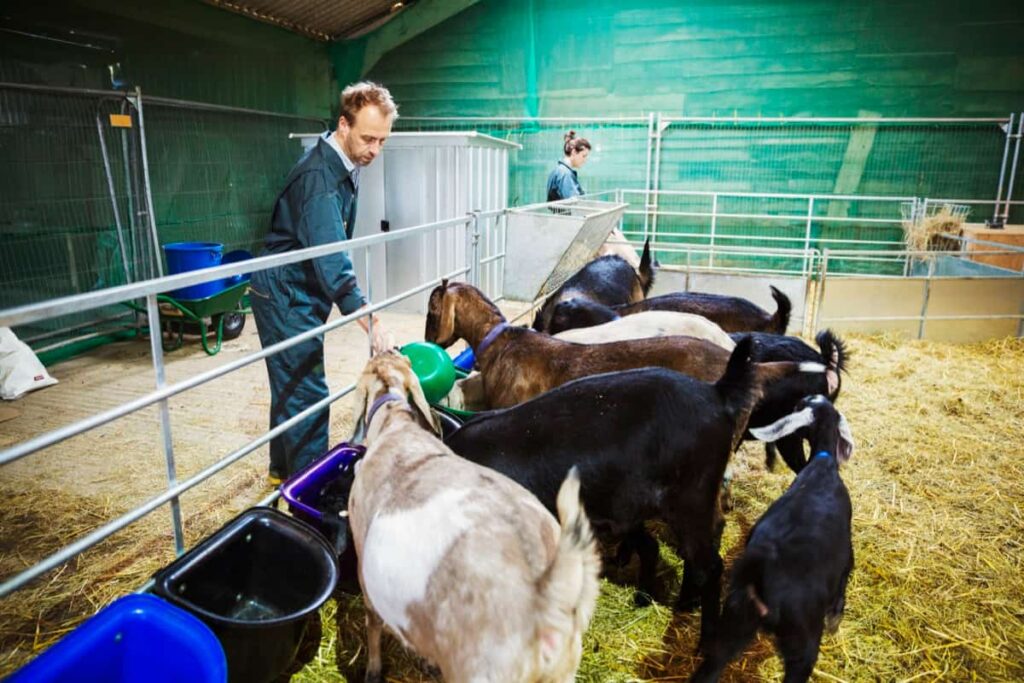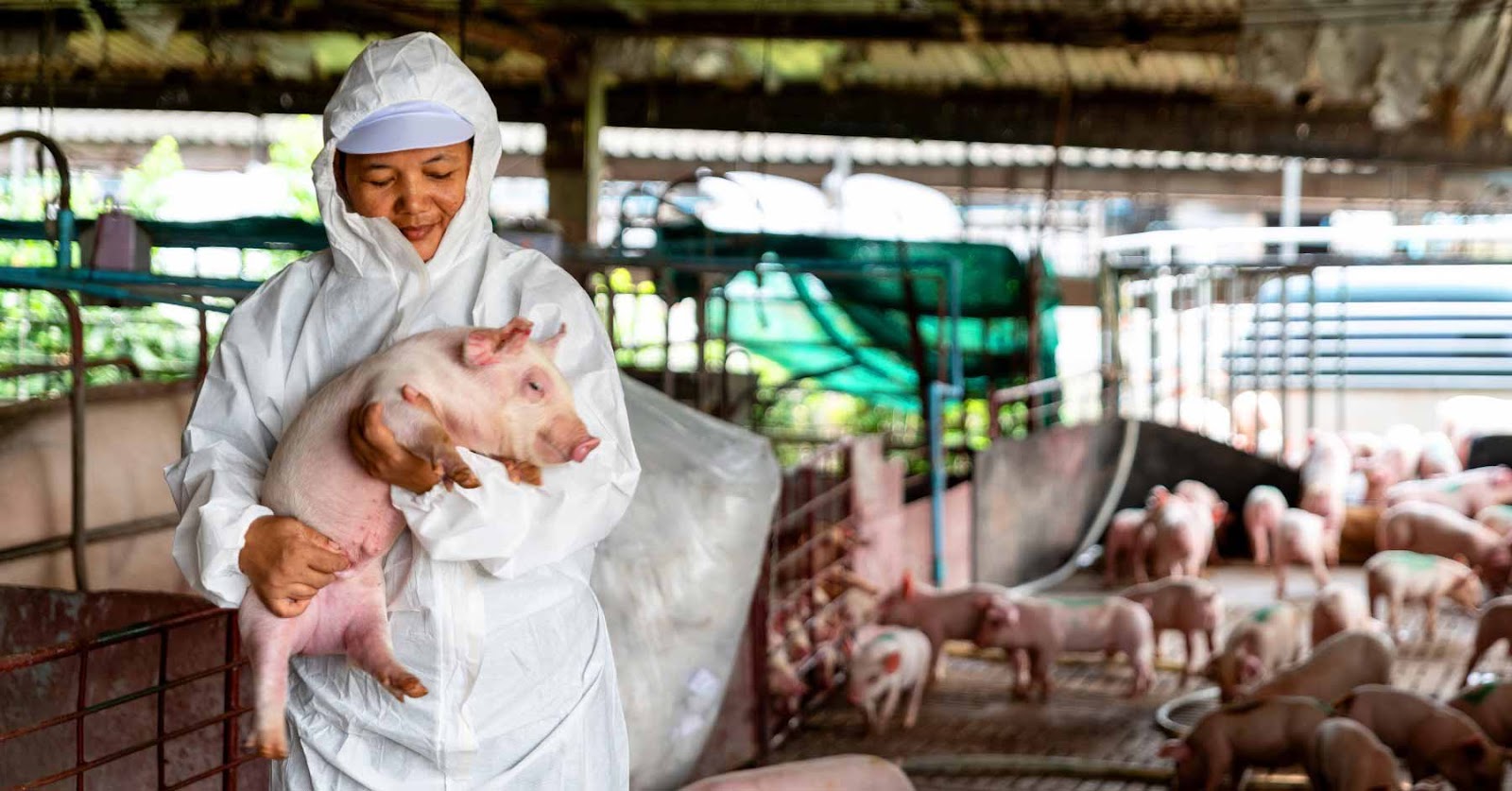With the ever-changing agriculture landscape, ensuring the safety and health of your farm is essential. The most important aspect that is often neglected is biosecurity on farms. The comprehensive approach involves the implementation of strategies to guard your farm from the propagation of disease, pests and harmful agents. When you prioritize biosecurity for your farm this will help protect your income, but you can also improve the general health and long-term sustainability of the agriculture sector.
Biosecurity for farms encompasses a broad variety of methods designed to prevent, detect the potential dangers to the health of your farm and efficiency. The risks could come from a variety of sources, such as the environment, equipment as well as neighboring farms. The importance of biosecurity is since they can prevent the propagation and spreading of diseases which can cause havoc to the livestock and crops as well as aquaculture businesses. No matter if you’re running a huge commercial operation or a smaller-scale producer, knowing and applying biosecurity measures for your farm is vital in protecting your investments and guaranteeing the longevity of your business.
One of the most important factors of biosecurity in the farm is controlling the access the farm. The restriction of the number of persons and vehicles that can enter your property and especially those who are not legitimately granted a motive to visit is essential. Visitors are required to comply with biosecurity procedures that include appropriate sanitation and disinfection procedures prior to entering the property. In addition, having specific entry points as well as providing wash facilities for hand washing can reduce the possibility of spreading disease. In controlling access to your farm to your farm, you can reduce the chance for contamination to get into the farm.

Another important element of biosecurity on farms is monitoring the condition of your livestock or your crops. regular health check-ups and examinations help to identify indications of illness or disease earlier, and allow for quick intervention and a safe environment. In the case of livestock farms it could involve the isolation and quarantine of sick animals in addition to vaccination programs to limit the spread of infectious disease. When it comes to crop production, frequent monitoring for diseases and pests and the implementation of integrated pest management methods are vital to ensure the health of plant life. For more information please visit here https://sunzencorp.com/
Biosecurity policies extend beyond the boundaries of your farm, since neighboring farms may represent a serious danger. The establishment of open and honest communication with other farmers could aid in forming a team attempt to reduce the risk. The collaborative actions could include synchronized vaccine schedules, sharing information of outbreaks and diseases, as well as coordinated efforts for controlling wild animals which could be carriers of diseases. Working together, farms within the same geographic area will be able to better safeguard the interests of their communities as well as reduce the risk of diseases to spread.
Alongside the health of animals and humans machines and automobiles could also bring insects and diseases to your farm. Cleaning and disinfecting regularly your the farm’s equipment, vehicles and other tools will help prevent accidental spread of harmful pollutants. The proper disposal of waste materials including manure as well as ensuring they’re far from the main activities can also decrease the likelihood of transmission. Making sure that your equipment is biosecure and the management of waste is an essential component of biosecurity on farms in general.
